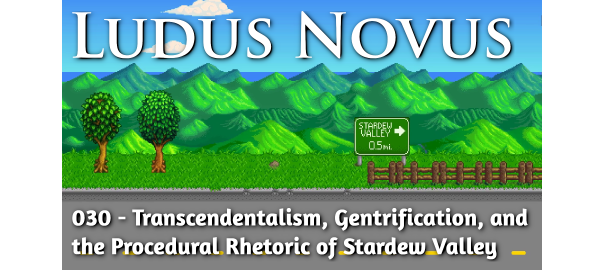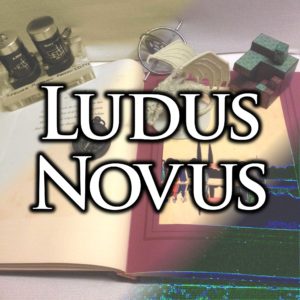We’ve finally completed the most recent campaign of my actual play podcast, Tabletop Garden. In “Ego Driver“, a group of misfit killers participate in a postcolonial road war in a postapocalyptic world. It draws from Mad Max: Fury Road, Trigun, Danger Days: The True Lives of the Fabulous Killjoys, and Wacky Races. I’m super proud of how the campaign turned out, despite an embarrassingly long hiatus in the middle while I struggled with my own mental health issues.
I’d really love it if you checked it out, and if you like it, shared it with your circles. You can start with the first episode:
If you’d like more insight into how I planned the campaign, or how I feel about it looking back, you can sign up to support my Patreon, where I’ve just published over an hour of postmortem retrospective discussing things like how the players shaped the narrative and how I now feel about the extensive Michael Jackson references:
Become a Patron!I’m real pleased with the story my players and I put together, and I’m looking forward to sharing the next campaign with you soon. It’s currently in recording and editing, and if you want a sneak preview, check out the end of the postmortem above!



